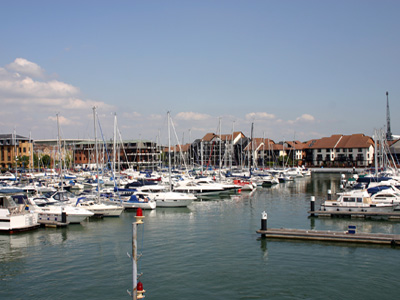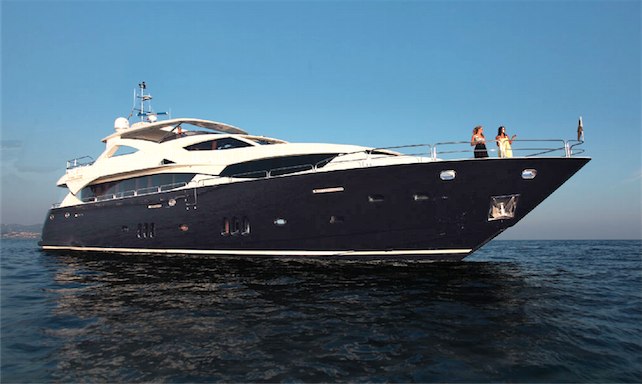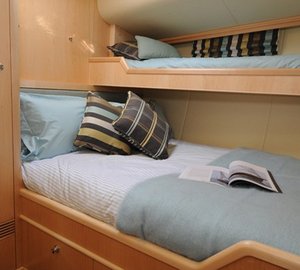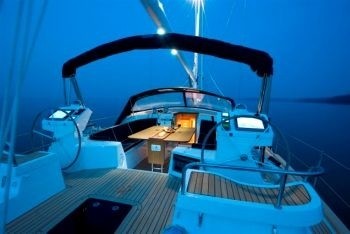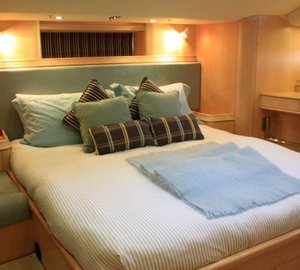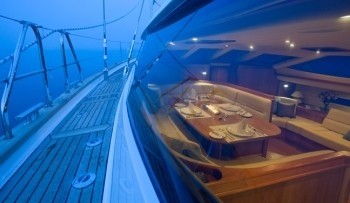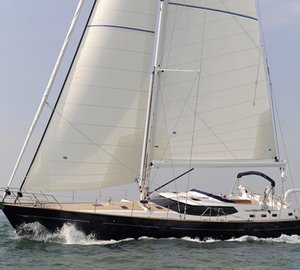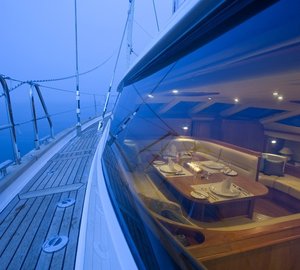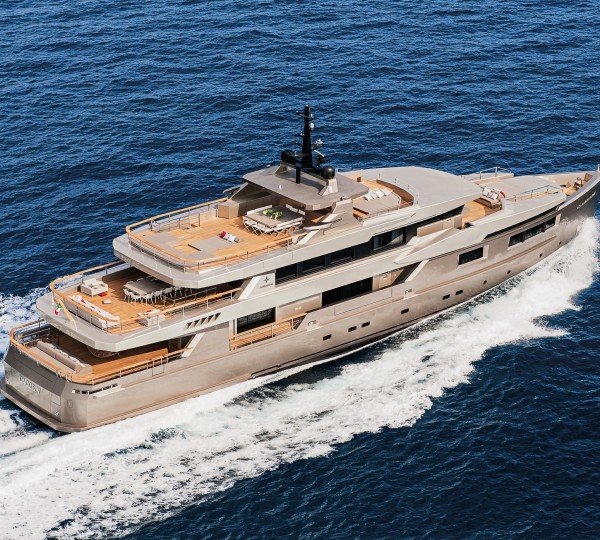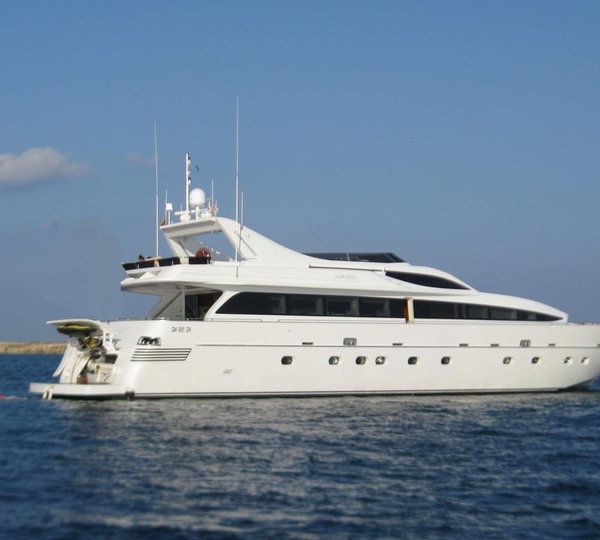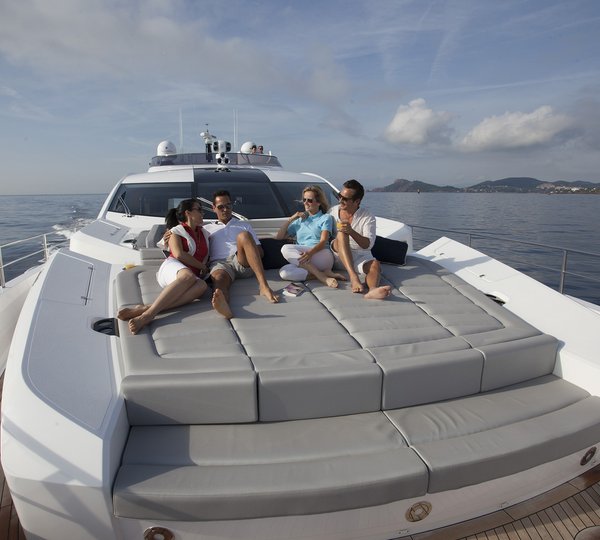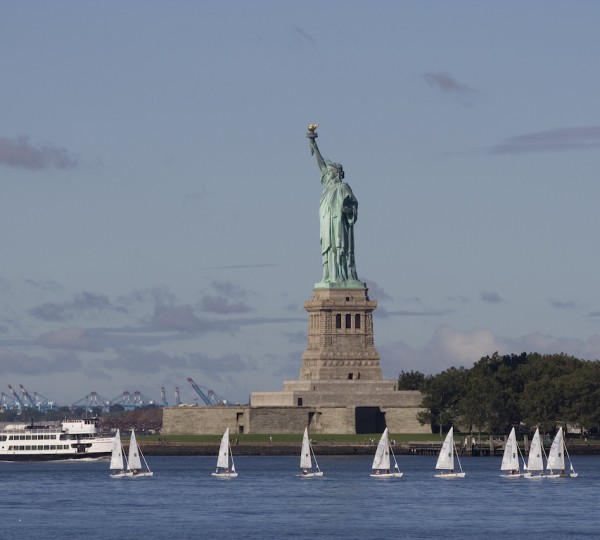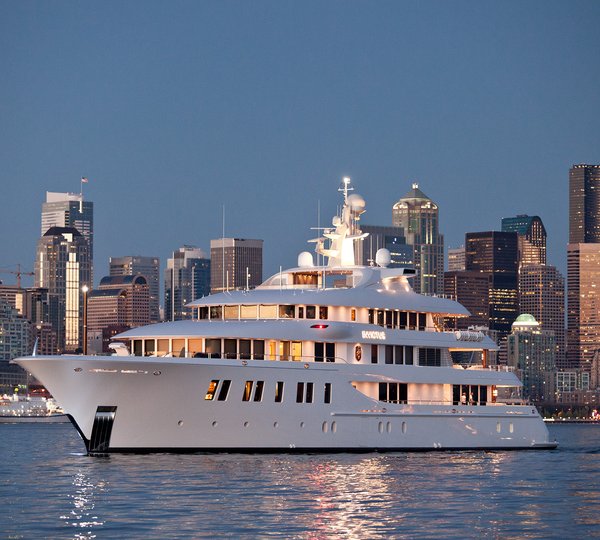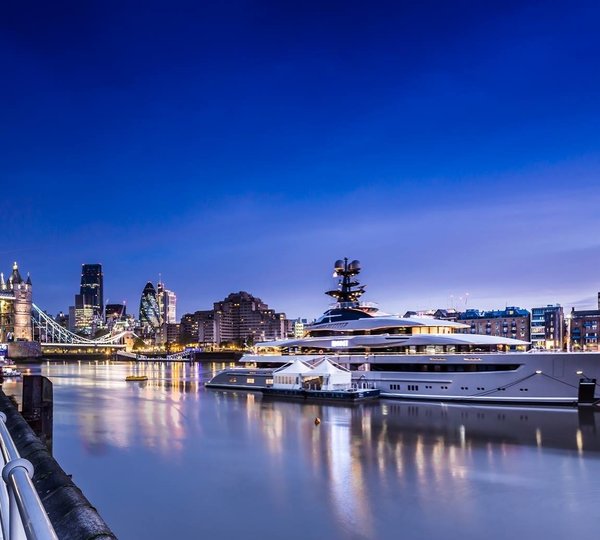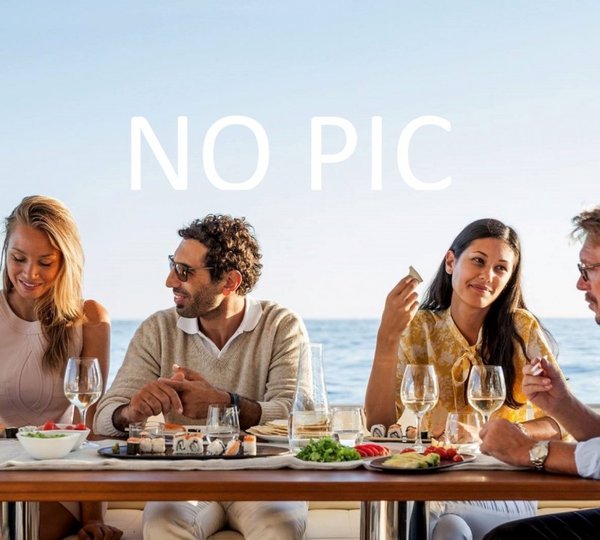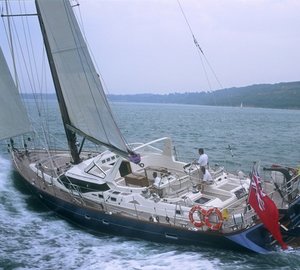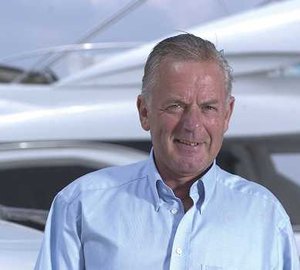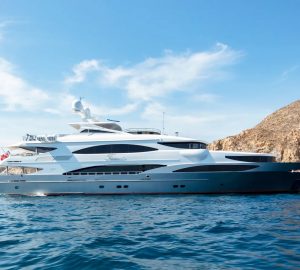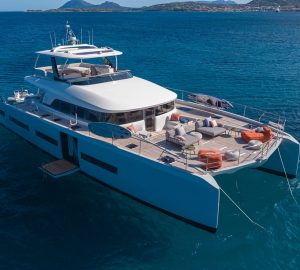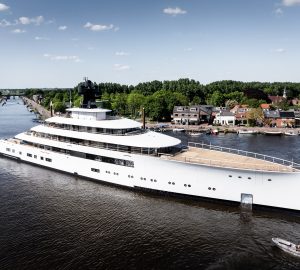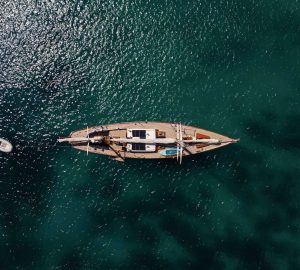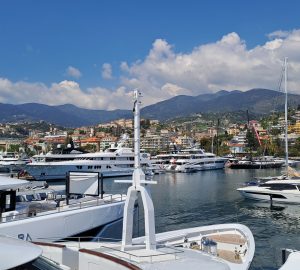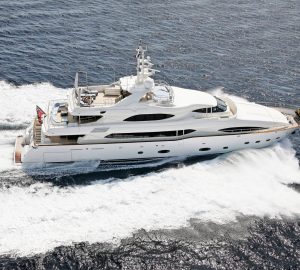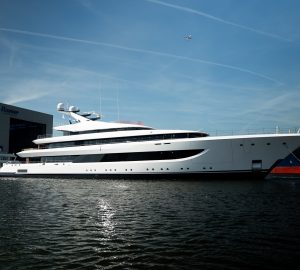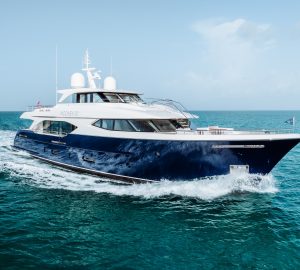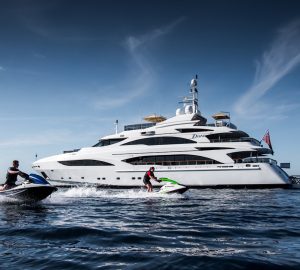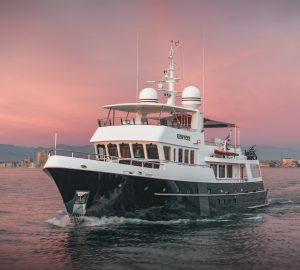The British and Global marine industry presented the whole variety of chances to young encouraged and ambitious apprentices, students and shipwrights during the first in a series of Shipwright’s Lectures, held in one of the world-known UK maritime cities, Southampton.
The Turner Sims lecture theatre at the University of Southampton saw a packed audience for the lecture on Wednesday 19th October. The event drew over 120 apprentices, from all over the UK, together with 100 graduates, university and college students aspiring to careers in the marine sector. They heard introductions and welcome addresses from leading industry figures, including Admiral Sir Jock Slater and closing remarks from Sir John Parker, President of the Royal Academy of Engineering and himself a former apprentice. Sir John stated that the apprentices were to be congratulated on the wealth of opportunities open to them, and encouraged them to make the most of this, stating “the opportunity of a lifetime must be seized during the lifetime of the opportunity.”
The audience heard how the British marine industry, which encompasses numerous skills from boat builders to naval architects, marine engineers to interior designers, currently employs over 32,500 people in the UK, with £3billion annual revenue of which around 40% is exported. The UK has developed some of the world’s leading talents in this sector, and the Shipwrights Lectures have been designed to give young students an insight into the opportunities and developments in this exciting industry.
The event attracted attendees from the UK’s largest marine companies with yacht builders Sunseeker, Pendennis, Princess, SYS, and Discovery Yachts, as well as specialist engineering companies such as Halyard, through to organisations including the RNLI and National Waterways Museum.
The designers of Ellen MacArthur’s round the world motor yacht Kingfisher, father and son team Rob and Tom Humphreys presented the first lecture, which gave a fascinating insight into the past, present and future of yacht design and technology. Recalling how early designs were manually produced using pencil, wooden set curves, splines and weights drawings and shapes, purchasing his first calculator he required hire purchase finance, Rob illustrated to the audience how traditional skills have now evolved. Tom, who obtained his degree at Southampton Solent University, explained to the audience how a combination of modern technology using computer design, performance analysis graphs through to tank testing and design detail is used to produce today’s hull forms. From yachts currently in production, issues about energy conservation in the design of modern vessels to designs for a sailing cargo ship which reflects the qualities of Clipper Ships from 100 years ago, Tom and Rob Humphreys captured the audiences’ attention with illustrations and examples of creativity in design, and the confluence of art and science. The lecture closed with Rob describing how quality of work always stands out, and that this has enabled the UK to create some of the world’s best yacht designs. In conclusion, he urged the audience to “follow that path of excellence, and be clever, enthusiastic and positive.”
After a short break, the lectures re-commenced with a short introduction by Tom Clegg, an apprentice from one of the UK’s leading shipbuilders, Falmouth-based Pendennis. He described how he had become the winner of the Shipwright’s Queen’s Silver Medal Award, an annual competition for the best apprentice in the UK, and the strong start this had given him so far in his career.
The audience were then treated to a rare insight into the future of engine technology from Volvo Penta Ian Benning, Sales Director of marine engines at Volvo Penta UK. Ian started his working life aged 16 as an apprentice and after building up his expertise in the marine sector, now helps to drive this £60m international marine business. Taking the audience back to the 1959 New York Boat Show, Ian described how Volvo Penta developed the first Aquamatic engine; launched at the same time that boating became popular in North America creating a massive market. He described how technology had developed from that initial product up to the launch of IPS, a forward facing propulsion system which changes the whole concept and design of marine engines. He illustrated how modern propulsion systems can influence boat design, enabling smaller engines on board to create more interior space, and the affect of design and engine technology on speed and efficiency. He discussed how new technology such as joystick controls linked to propulsive systems benefitted boat owners, making it easier and safer on the water. Looking to the future, Ian described how aerospace technology such as fly by wire, and the requirement to work to C02 ratings would encourage designers of yachts and propulsion systems to look at ways to reduce fuel consumption through design and reduced maximum speeds.
Both lectures sparked a lively questions and answers session from the audience, offering a unique opportunity to hear from leading industry figures offering opinions on future technologies. The lectures were closed by the former Chancellor of Southampton University Sir John Parker, President of the Royal Academy of Engineering, and a leading industry figure sitting on the board of multinational organisations including National Grid and Anglo American. Knighted in 2001 for services to the Defence and Shipbuilding Industries, he praised the speakers for inspiring the audience, and illustrating the exciting future ahead for them.
The Shipwrights Lectures, have been organised by The Worshipful Company of Shipwrights, which was formed in 1387 as a Trade Guild for shipwrights working on the London River. A number of its current members work and employ young people in the marine leisure sector. Organisation of the first Shipwrights Lecture was headed by Michael Derrick, a Shipwright and well known industry expert, in conjunction with the University of Southampton, with support from individuals and organisation including Halyard Marine, Discovery Yachts. British Marine Federation and Brockenhurst College, whose students filmed the event.
Below is an image gallery of the charter superyacht builder Discovery Yachts.

